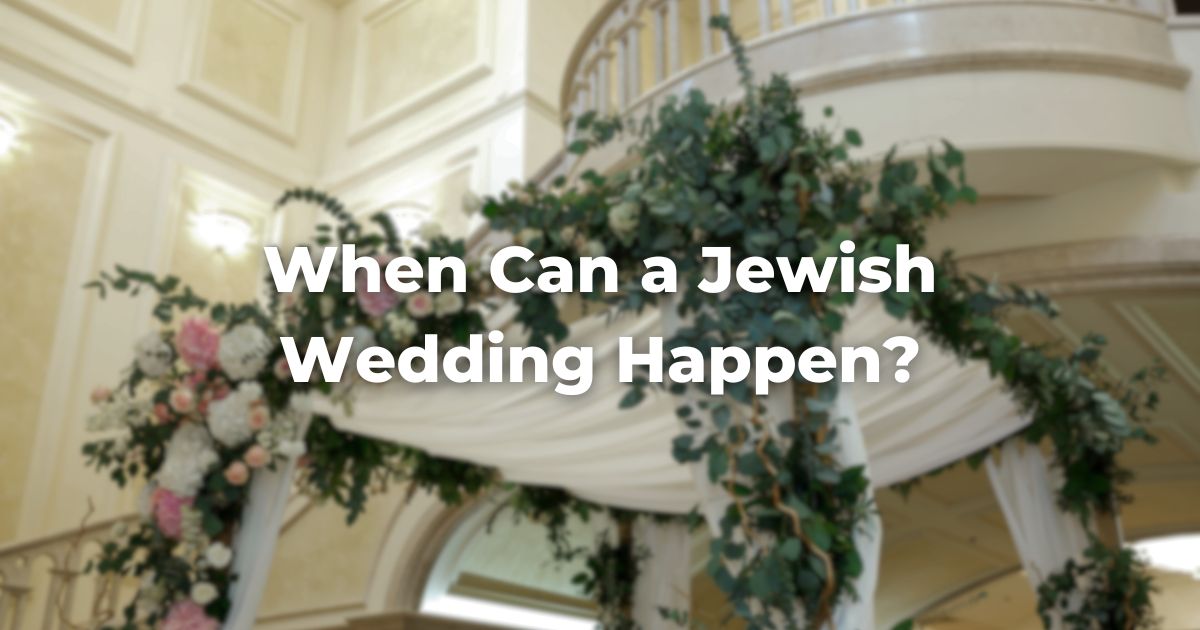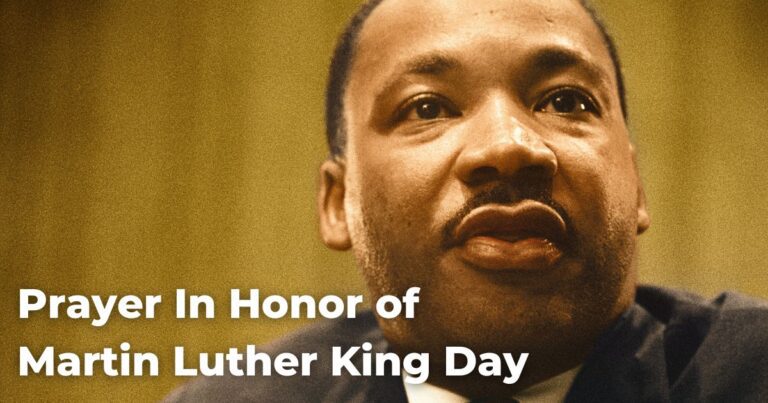There are certain days and periods of time during the year that marriages may not take place. Conversely, some deem certain days especially favorable for weddings. Even though varying opinions concern several of these periods, there are other dates on which weddings are almost universally prohibited.
Shabbat and Festivals
Weddings may never be performed on Shabbat or on festival days because one may not enter into contractual agreements at these times. In addition, weddings are not held on the intermediate days of Passover and Sukkot. This is because of the mixing of joyous occasions is considered to lead to a diminishing of the separate joys of each (MT Hilkhot Ishut 10:18).
The weeks between Passover and Shavuot (also known as the Omer) are considered a time of national mourning for the Jewish people. Therefore, weddings are not held during much of this period. The joyous nature of such events is deemed inconsonant with the general spirit of the season (SA Orach Hayyim 493:1).
Weddings during the Omer
There are many different customs regarding the specific parts of this period during which weddings may take place, however. Universally agreed upon is that weddings may take place on Lag Ba-omer (the thirty-third day of the omer, as this period of time is called), Rosh Hodesh Iyyar, and Rosh Hodesh Sivan.
Some also include Yom Ha-atzma-ut (Israel Independence Day) as a day on which weddings may be celebrated. More liberal congregations permit weddings during part of these seven weeks, either ending the prohibited time with Lag Ba-omer or, even earlier, on Yom Ha-Shoah. Still others only begin the prohibited time with the day after Rosh Hodesh Iyyar.
Mourning periods when weddings do not occur
Also, the three weeks between the fasts of the Seventeenth of Tammuz and the Ninth of Av are considered a time of national mourning in memory of the siege of Jerusalem and the destruction of the two Temples. The Committee on Jewish Law and Standards (CJLS) has permitted weddings to take place from the day after the Seventeenth of Tammuz until the end of that month, however. There is even an opinion that weddings may take place between the first of Av and Tishah Be’av, but that these must be small private ceremonies that take place in the rabbi’s study.
Mourners may not get married during the first thirty days of their bereavement (SA Yoreh Deah 392:1). There are exceptions to this rule, however, especially in a case where the wedding had been planned before the death occurred or if there are other compelling reasons why the marriage should not be delayed. In such cases a rabbi should be consulted. If the wedding is to proceed under such circumstances, however, it is considered inappropriate to have an elaborate wedding with music and dancing.
Other cases
In addition, it is customary not to have weddings take place between Rosh Hashanah and Yom Kippur. This is due to the great solemnity and introspective na-ture of those days. However, this is more of a custom than an actual law.
Traditionally, Tuesdays were considered especially propitious days on which to schedule weddings. This is because the biblical story of creation includes the phrase “that it was good” twice in its description of God’s creative activity associated with that day.
Adapted with permission from The Observant Life.
Authors
-

-

The Observant Life: The Wisdom of Conservative Judaism for Contemporary Jews distills a century of thoughtful inquiry into the most profound of all Jewish questions: how to suffuse life with timeless values, how to remain loyal to the covenant that binds the Jewish people and the God of Israel, and how to embrace the law while retaining an abiding sense of fidelity to one’s own moral path in life. Written in a multiplicity of voices inspired by a common vision, the authors of The Observant Life explain what it means in the ultimate sense to live a Jewish life, and to live it honestly, morally, and purposefully. The work is a comprehensive guide to life in the 21st Century. Chapters on Jewish rituals including prayer, holiday, life cycle events and Jewish ethics such as citizenship, slander, taxes, wills, the courts, the work place and so much more.
View all posts






